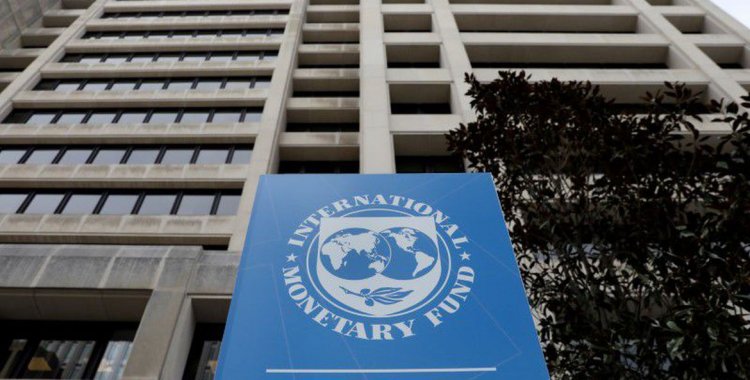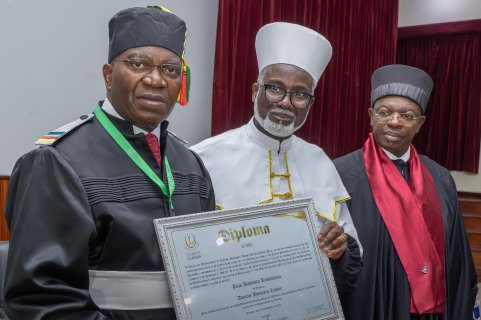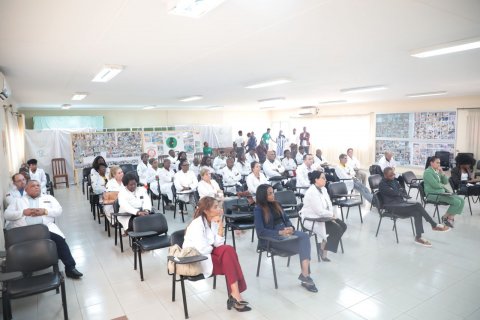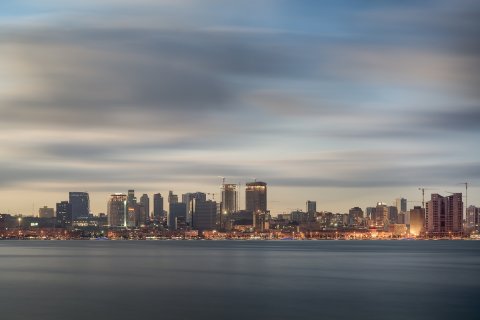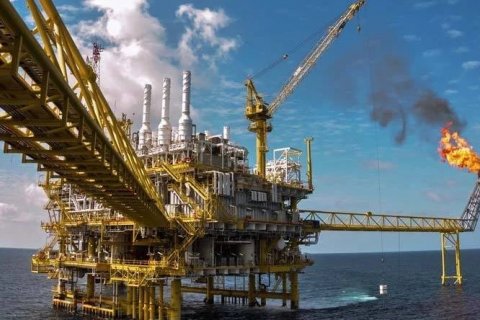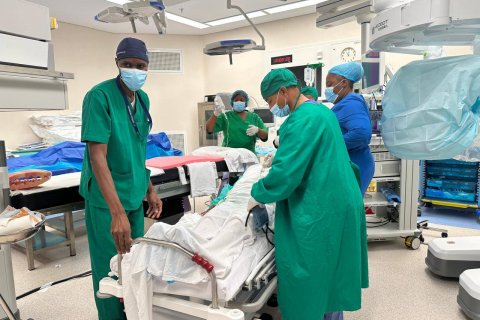According to calculations by Portuguese news agency Lusa, based on analysts responsible for international financial institutions and IMF members, of the total of almost 1.1 billion euros, Angola should be the country that will receive the largest sum, just under US$800 million, followed by Mozambique, with almost US$250 million, and Equatorial Guinea, with around US$150 million.
The final figures are the result of converting the current quota of each of these countries into their share of the $500 billion that the IMF will issue in SDRs, a kind of capital increase that is then distributed among all the nearly 200 member states of the organization.
These figures, however, should be the minimum base, as in recent weeks more and more voices have been calling on the more developed countries to channel part of their allocation to countries in greater financial difficulty.
The prime minister of Barbados, for example, advocated that the richest countries channel "half of the DES they will receive" to developing countries facing severe economic difficulties due to the consequences of the pandemic.
On Friday, the G7 announced an agreement to allow the most vulnerable to benefit disproportionately to their IMF quota, but gave no further details on how this was going to be done, probably during the IMF and World Bank Spring Meetings in April.
The executive secretary of the United Nations Economic Commission for Africa, Vera Songwe, told Lusa that "what Africa is arguing is that if the allocation is $500 billion, Africa gets $25.6 billion, and if it is $650 billion, it will be $32 billion, which is still a very low amount".
The difference in figures is due to the fact that the numbers are not yet final and there is a question of interpretation as to whether the $500 million that world leaders and also the IMF have referred to several times is expressed in dollars or in SDR, which is the IMF's currency.
"The G7 countries receive 217 billion dollars and they can lend some of those resources so [African countries can] have access to the market, which is very difficult because the cost of capital is very high," Vera Songwe added.
"They could lend at the US interest rate, which is 1 percent, extremely concessional, or it could be even 0.7 percent, which is even cheaper," she added, noting that the main goal would be to "use some of the ESD resources to bring down the cost so that more countries can go to the market without risking questions about debt sustainability."
For the director for the Middle East and Africa at financial rating agency Fitch Ratings, "SDR allocations are significant relative to GDP, but Angola, Mozambique and Cape Verde are struggling with debt well above 100 percent of GDP, which shows broader sustainability challenges."
Speaking to Lusa from Hong Kong, from where Fitch covers these regions, Jan Friederich pointed out that "although Cape Verde's debt ratio is the highest in our estimates, the debt structure is more favorable, since a large part is official debt and with a relatively benign payment term.
About Angola, the outlook is not so positive: "The country has gained some slack due to recent rescheduling operations and the recovery in oil prices is helping immediate liquidity pressures, but we remain skeptical that the rapid debt decline envisaged in the program with the IMF is possible," the analyst told Lusa.
On the distribution of the new DES allocation, Friederich pointed to several options for how more developed countries might decide to help those in greater difficulty.
"What I think is relatively plausible is that the IMF would receive a significant increase in the allocation from the Poverty Alleviation and Growth Fund and then use that for new programs, but I already find it more difficult to imagine a DES donation for other countries and in particular the most troubled ones," the analyst pointed out, stressing that there are difficulties arising from the pandemic, "but governance and policy challenges are also a factor in the least developed countries."
For Jan Friederich, it is likely that "the richer countries are thinking of a way to use the funds to encourage policy improvements, which is also in line with the IMF Managing Director's statements regarding loans arising from this new allocation of funds."

